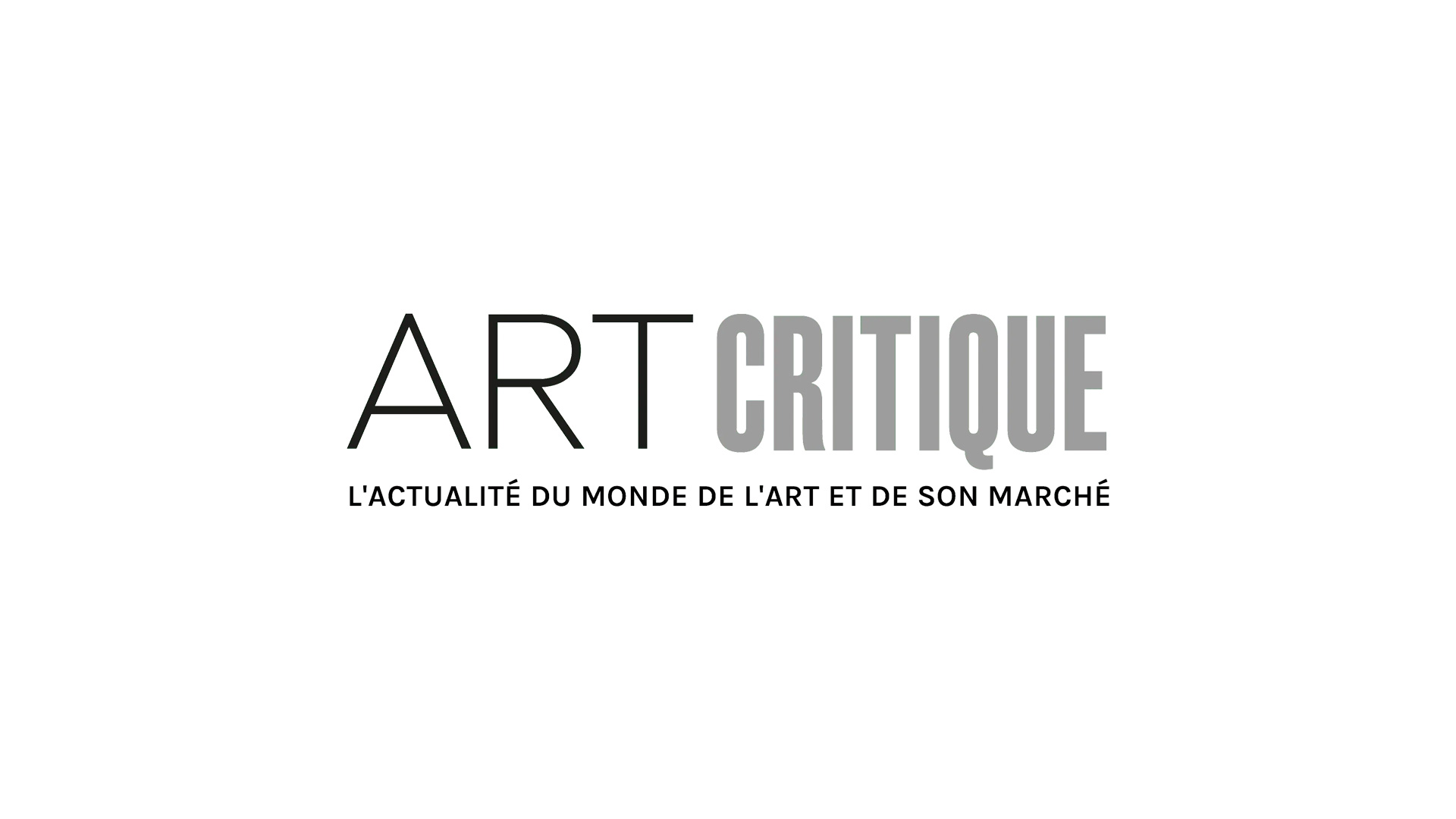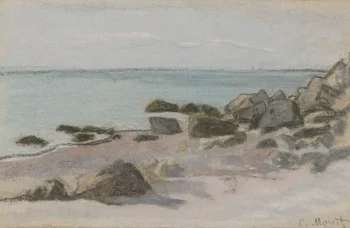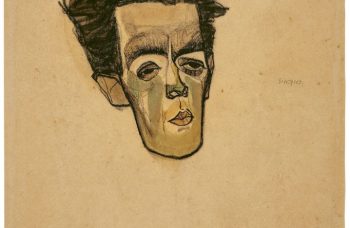Just a year ago, the Museum of the Bible in Washington DC discovered that five fragments of Dead Sea Scrolls in its collection were, in fact, forgeries. Making up about a third of the scroll fragments housed by the museum, the discovery was, as it would be for any museum, a bit of a blow. Now, the Museum of the Bible is facing turmoil once more after 13 biblical fragments it houses were stolen prior to the museum’s owner acquiring them just over five years ago.
According to the Daily Beast, the Green family, who own both the museum and the prominent US crafting store Hobby Lobby, acquired the fragments from Dirk Obbink. Obbink, a papyrologist and professor at Oxford, is now accused of having stolen the fragments and improperly sold them to the Greens, who reportedly bought them in good faith. Thus far, it has been found that the 13 fragments in question are actually property of the Egypt Exploration Society (EES), a non-profit organization in England. However, it is unknown as to whether or not these are the only works taken by Obbink.
In an October 13th statement, the EES said that the fragments ‘were taken without authorisation from the EES… Eleven of these pieces came into [Museum of the Bible’s] care after being sold to Hobby Lobby Stores by Professor [Dirk] Obbink, most of them in two batches in 2010.’ The statement continued that ‘in most of the 13 cases the catalogue card and photograph are also missing.’ According to the Museum of the Bible’s statement, they worked with the EEs to ‘recover antiquities that had been sold illegally during the years 2010-2013 […] The items referenced were acquired by Hobby Lobby stores in good faith between 2010 and 2013, but sold by a known expert from Oxford University.’ A spokesperson for the museum also noted that only four of the 13 fragments in question are directly owned by the museum, the others are a part of the Green Collection.
This follows two other events that have kept Hobby Lobby owners and Obbink in the news. Just this past June, it was reported that Obbink sold a fragment of the Gospel of Mark to Hobby Lobby, Inc. before it was revealed that he did not actually own the own the artefact. Moreover, in 2015, Hobby Lobby was involved in a federal investigation after acquiring illicit antiquities in 2010. The US Department of Justice found that the Green family had participated in the smuggling of artefacts from the Middle East over a number of years. In the end, Hobby Lobby was hit with a $3 million fine for its part in buying works ‘fraught with red flags.’
Though the museum is working to get the fragments back to the EES, these events, and others like it, call into question practices of buying and selling antiquities and how something like this could even happen in the first place.





